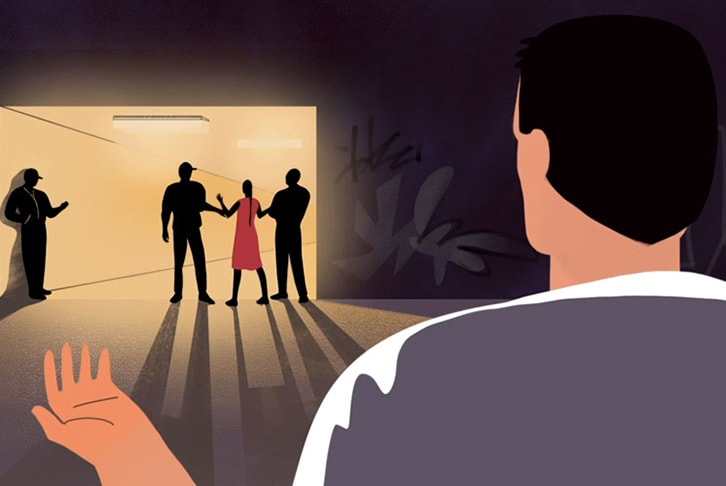Kyrgyzstan
We are recognised in Kyrgyzstan as having a strong track record of facilitating multi-stakeholder policy dialogue.
We bring civil society and government actors together to produce policy recommendations on a range of issues including natural resource management, prevention of radicalism among youth, and looking at the relationship between state and religion.
Our projects support sustainable dialogue, social cohesion, non-violence and tolerance among religious organisations, communities and civil society, as well as local initiatives for advocacy and policy implementation to make that happen.
We facilitate constructive dialogues between the government, representatives of local authorities and civil society, as well as religious and secular experts to promote understanding and tolerance, counter misinformation and support social cohesion and peacebuilding.
We also conduct research to help experts and young people better contribute to policies that affect them, and counter narratives that fuel suspicion, mistrust and conflict.
Our ultimate aim is to enable the state to peacefully maintain social cohesion in the communities and promote sustainable dialogue.
Conflict context
Since independence from the Soviet Union in 1991, Kyrgyzstan’s expectations for democratic change have been hindered by poor governance and socio-economic disparities. This has created deep divides among the population and formed the basis of today’s local and national conflicts.
With its vibrant civil society, there are opportunities to work towards more sustainable peace in Kyrgyzstan. This includes building social partnerships with the government, finding constructive solutions to conflict-generating problems and rebuilding relations between communities, all to overcome the legacy of violence.

How we challenged the 65% rise in domestic violence in Kyrgyzstan
The onset of COVID-19 and the lockdown imposed by the government saw a 65% increase in domestic and intimate partner violence in Kyrgyzstan. Here’s how we’re challenging gender-based violence.





